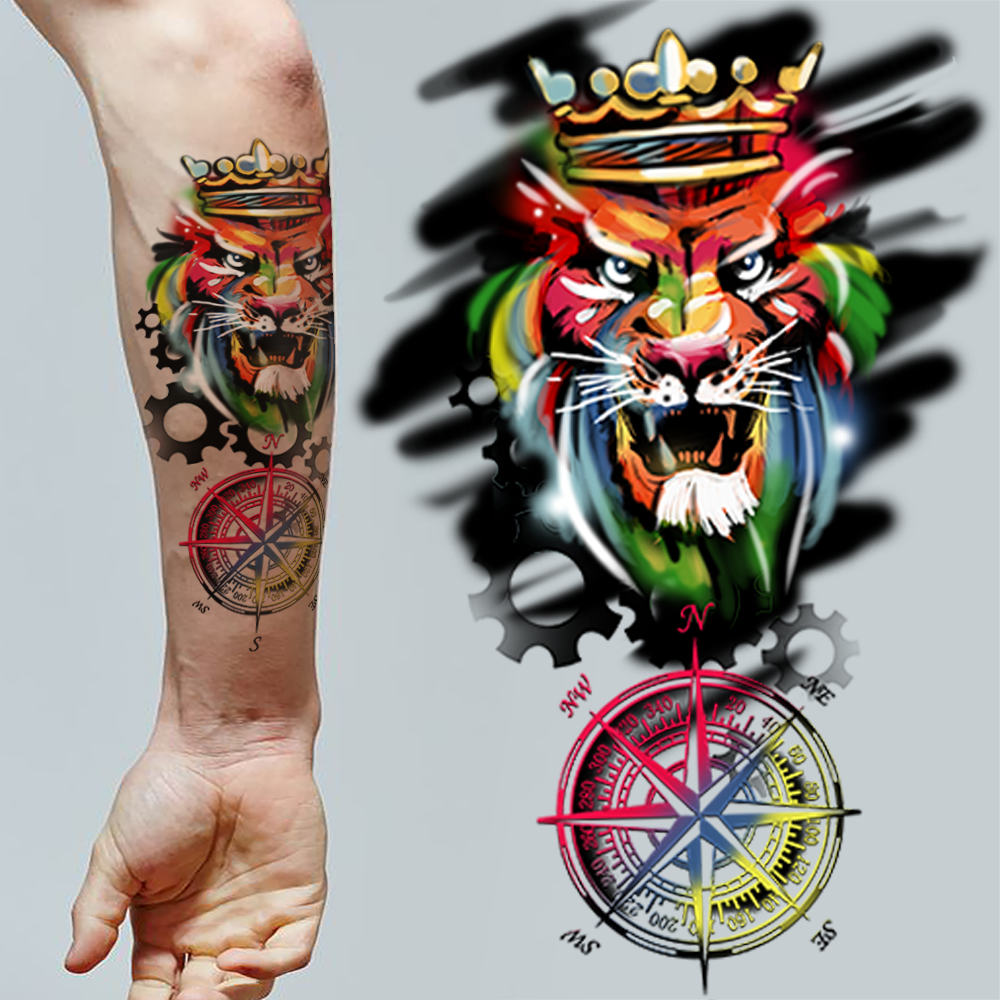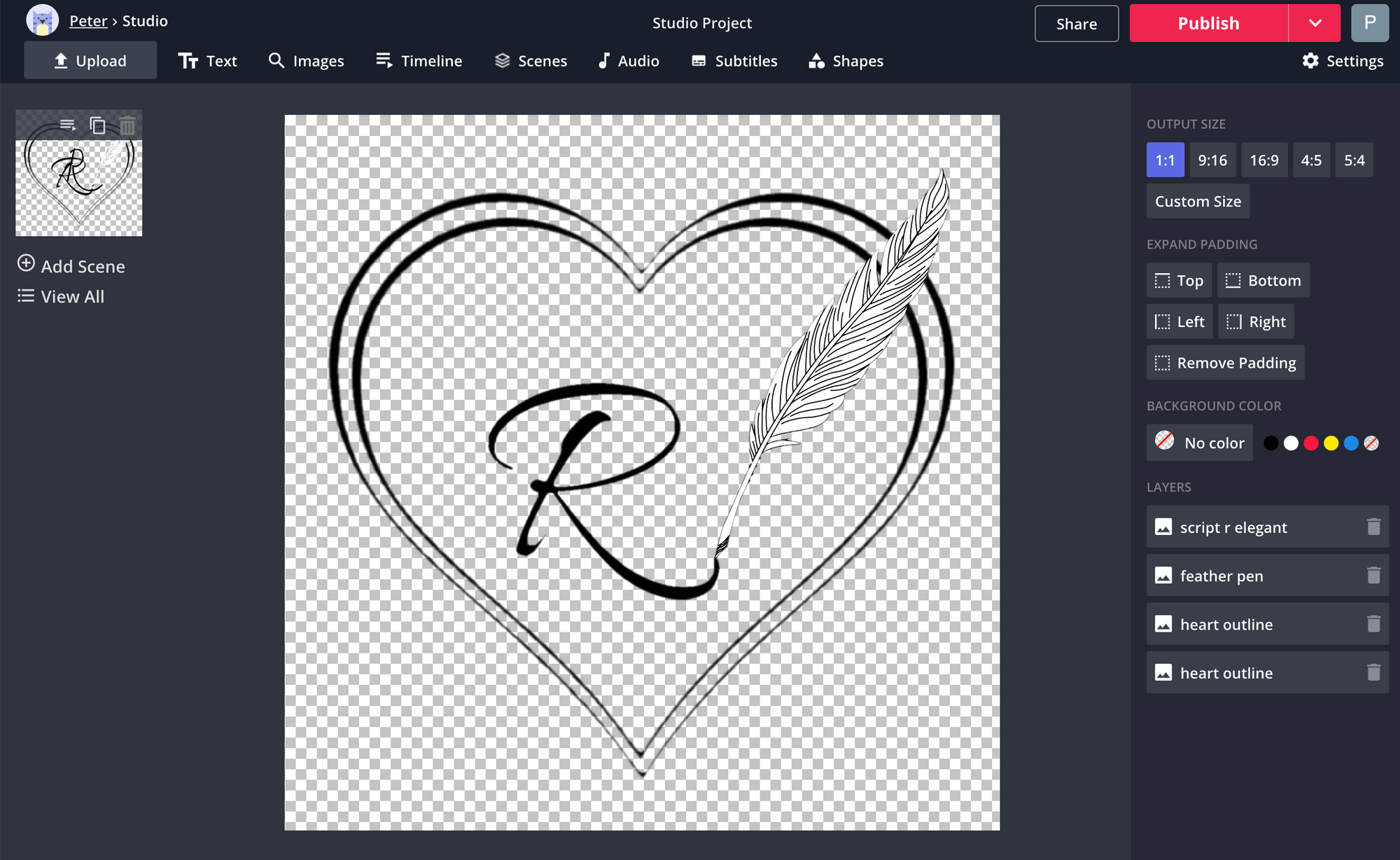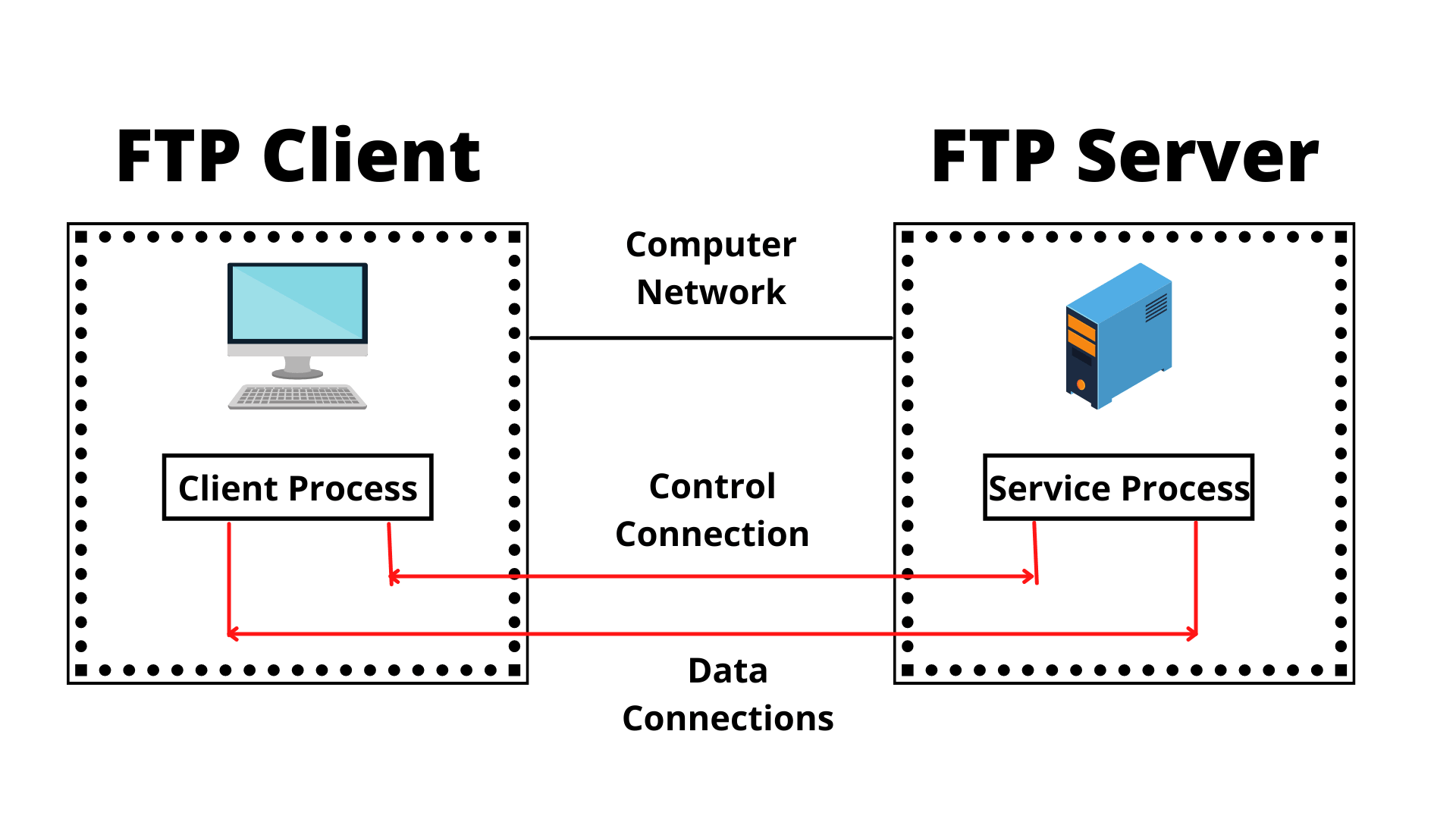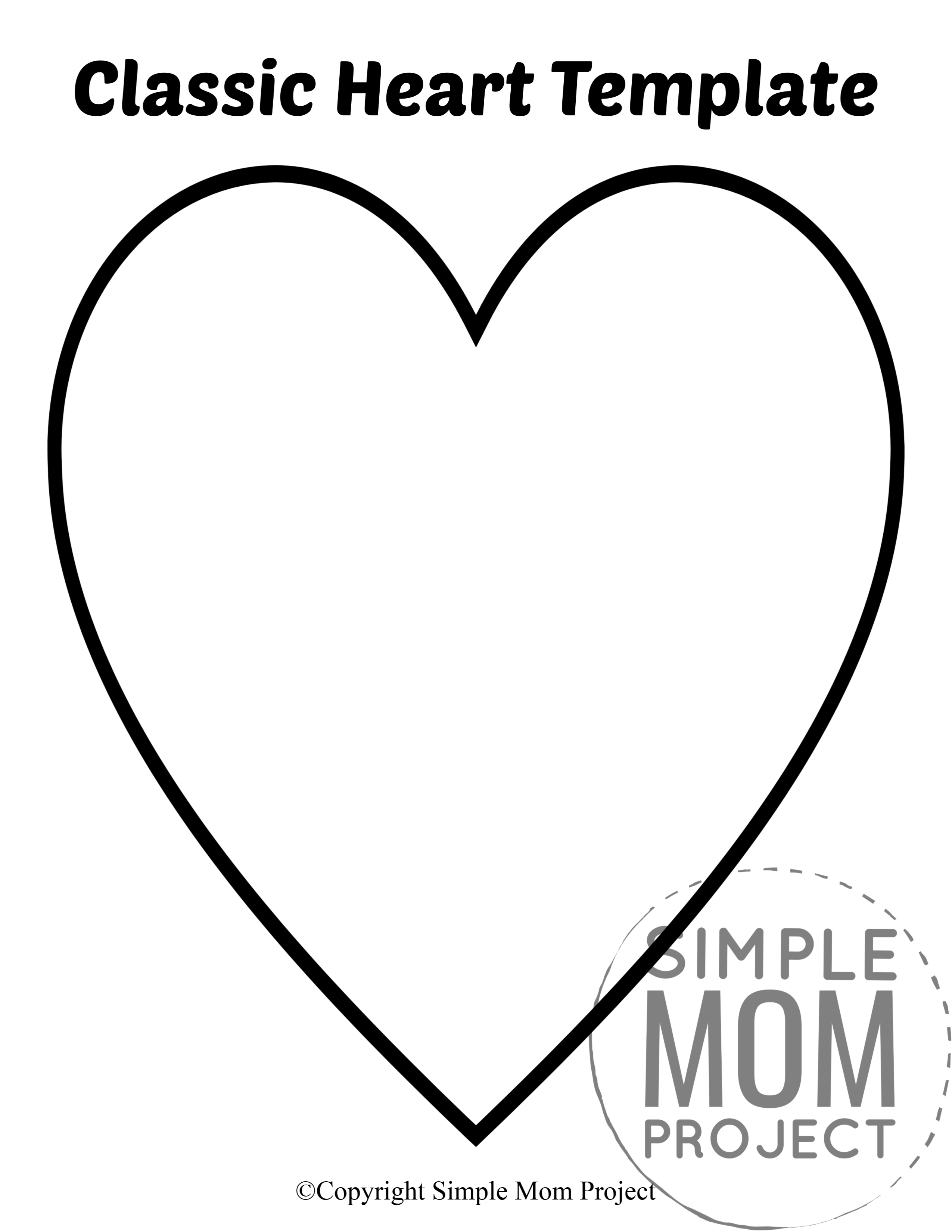Tattoo
Tattoo Design Creator

Introduction to Tattoo Design Creation

The art of creating tattoo designs has evolved significantly over the years, with the rise of digital tools and software that cater to both professional artists and amateur enthusiasts. Tattoo design creation involves a combination of artistic skills, knowledge of tattooing techniques, and an understanding of the client’s preferences and needs. In this blog post, we will delve into the world of tattoo design creation, exploring the process, techniques, and tools involved in crafting unique and personalized tattoo designs.
Understanding the Basics of Tattoo Design

Before diving into the design creation process, it’s essential to understand the basics of tattoo design. A good tattoo design should be balanced, proportionate, and visually appealing. It should also take into account the placement of the tattoo on the body, as well as the personal style and preferences of the client. Tattoo designs can range from simple and minimalist to complex and intricate, featuring a variety of colors, shapes, and patterns.
The Design Creation Process

The tattoo design creation process typically involves several stages, including: * Consultation: The artist meets with the client to discuss their ideas, preferences, and expectations. * Sketching: The artist creates a rough sketch of the design, taking into account the client’s input and feedback. * Refining: The artist refines the design, making any necessary adjustments and modifications. * Finalization: The final design is created, and the client is presented with a completed tattoo design.
Tools and Software for Tattoo Design Creation

There are various tools and software available for tattoo design creation, including: * Adobe Illustrator: A popular vector graphics editor used for creating custom tattoo designs. * Tattoo design software: Specialized software, such as Tattoo Designer or Tattoo Artist, designed specifically for creating tattoo designs. * Drawing tablets: Digital drawing tablets, such as Wacom or Huion, used for creating digital artwork and designs. * Traditional media: Some artists still prefer to work with traditional media, such as pencils, ink, and paper, to create unique and handmade tattoo designs.
Techniques for Creating Unique Tattoo Designs

To create unique and personalized tattoo designs, artists can employ various techniques, including: * Custom illustration: Creating custom illustrations that reflect the client’s personality, style, and preferences. * Symbolism: Incorporating symbolic elements, such as animals, plants, or geometric shapes, to convey meaning and significance. * Abstract design: Creating abstract designs that feature bold lines, vibrant colors, and intricate patterns. * Watercolor effect: Achieving a watercolor effect by using soft colors, blending, and layering techniques.
Important Considerations for Tattoo Design Creation

When creating tattoo designs, there are several important considerations to keep in mind, including: * Scalability: Ensuring that the design looks good in various sizes and resolutions. * Line work: Creating clean, smooth lines that will hold up well over time. * Color theory: Understanding color theory and how to select colors that complement the client’s skin tone and personal style. * Client communication: Maintaining open and clear communication with the client throughout the design creation process.
💡 Note: It's essential to work closely with the client to ensure that the final design meets their expectations and needs.
Conclusion and Final Thoughts

In conclusion, tattoo design creation is a complex and multifaceted process that requires a combination of artistic skills, technical knowledge, and attention to detail. By understanding the basics of tattoo design, using the right tools and software, and employing various techniques, artists can create unique and personalized tattoo designs that meet the client’s needs and exceed their expectations. Whether you’re a professional artist or an amateur enthusiast, the world of tattoo design creation offers endless opportunities for creativity and self-expression.
What is the most important consideration when creating a tattoo design?

+
The most important consideration when creating a tattoo design is the client’s needs and preferences. The design should reflect their personality, style, and expectations.
What tools and software are available for tattoo design creation?

+
There are various tools and software available for tattoo design creation, including Adobe Illustrator, tattoo design software, drawing tablets, and traditional media.
How can I ensure that my tattoo design is unique and personalized?

+
To ensure that your tattoo design is unique and personalized, work closely with the client to understand their preferences and needs, and use various techniques, such as custom illustration, symbolism, and abstract design.



